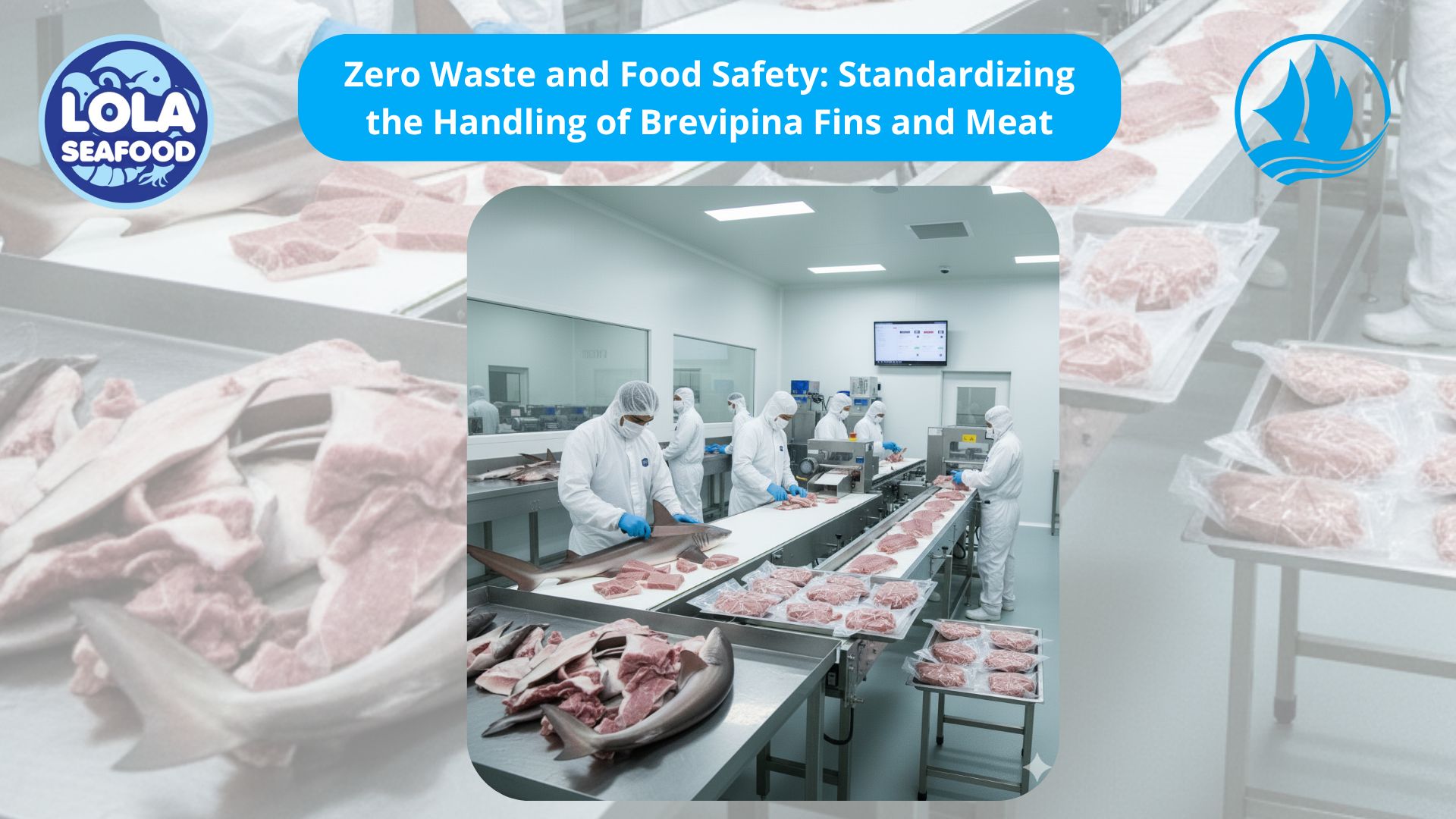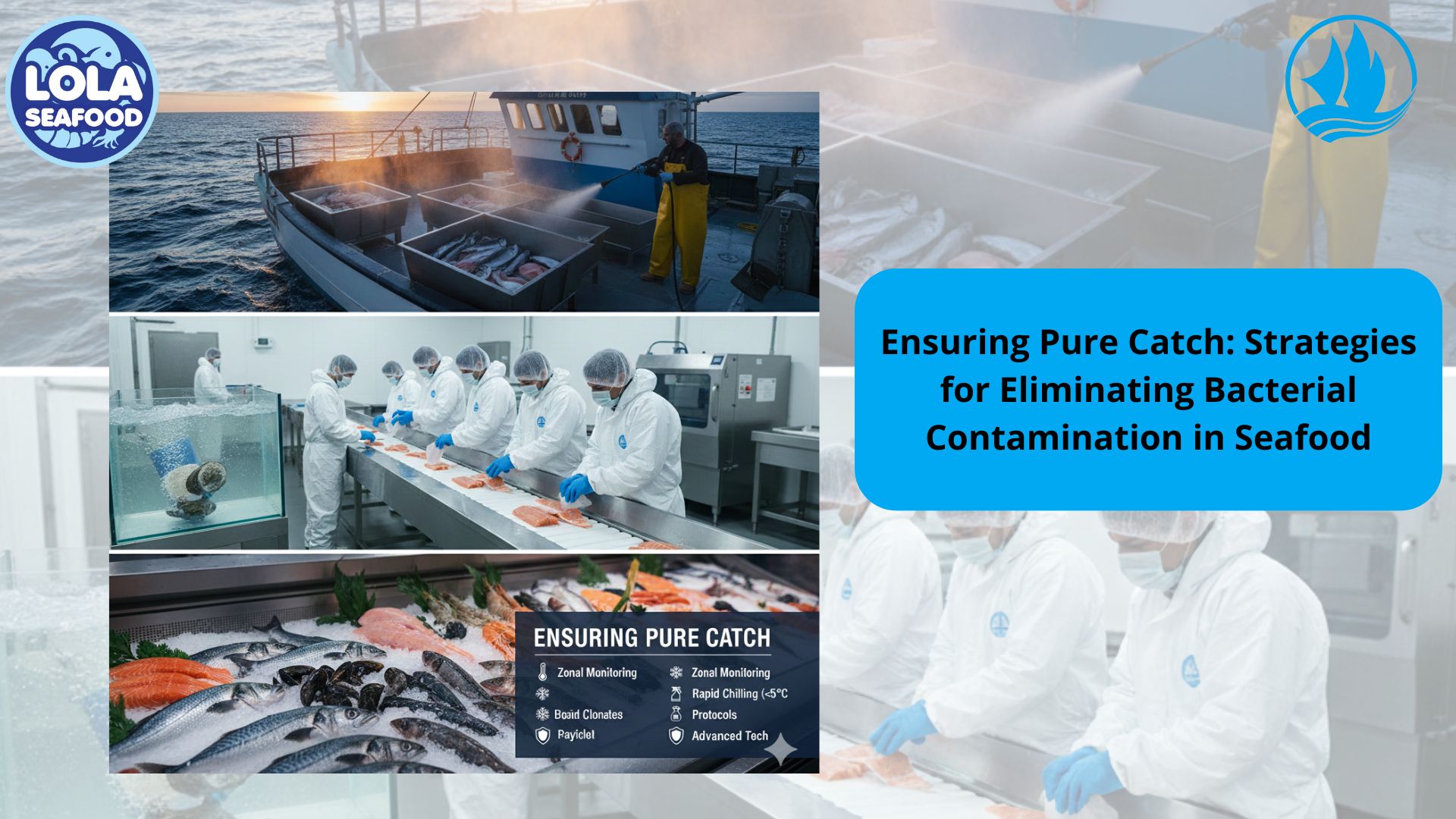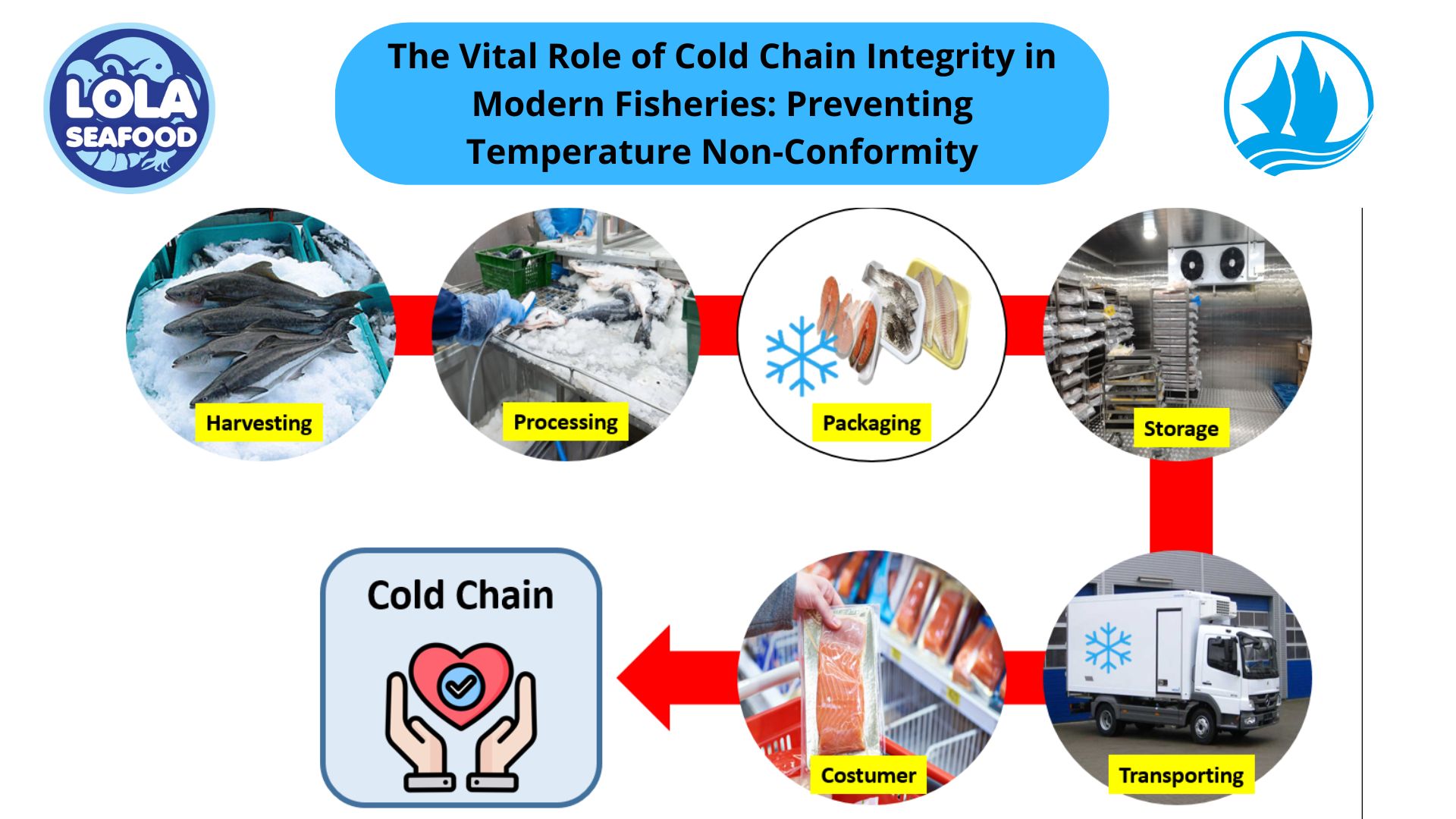8 Keys of SSOP: The Foundation of Food Safety You Must Know
By. Lutfi - 01 Sep 2025.jpg)
Kelolalaut.com Food safety is a non-negotiable factor in the food industry, especially for fishery products, meat, and other processed foods. Consumers not only want delicious food but also safe, healthy, and free from the risk of contamination. To achieve this, the term SSOP (Sanitation Standard Operating Procedure) is used.
SSOP are written guidelines that outline the sanitation steps that must be followed by every food processing unit. Implementing SSOPs is crucial because they serve as the foundation before implementing more complex quality systems such as HACCP. There are eight key SSOP that must be understood by both food businesses and workers.
1. Water Safety
Water used for washing raw materials, equipment, and as an additional ingredient in processing must be free from biological, chemical, and physical contaminants. Water must undergo regular testing to ensure its quality meets standards. Using contaminated water can be a major source of the spread of harmful bacteria.
2. Condition and Cleanliness of Food-Contact Surfaces
Equipment, work tables, containers, and machinery that come into direct contact with food must always be clean, rust-free, crack-free, and easy to clean. Food-grade stainless steel is recommended to prevent food from reacting with food.
3. Cross-Contamination Prevention
Cross-contamination occurs when harmful microorganisms are transferred from one ingredient to another, for example, from raw meat to ready-to-eat products. To prevent this, workers must separate work areas, use specific tools for raw and cooked ingredients, and implement a one-way workflow.
4. Handwashing, Sanitation, and Restroom Facilities Maintenance
Worker hygiene is crucial for product safety. Therefore, handwashing facilities must be adequate, equipped with soap, running water, and a dryer. Restrooms must also be hygienic, easily accessible, and not directly connected to processing areas.
5. Product Protection from Contaminants
Food products must be protected from the dangers of toxic chemicals, machine lubricants, or cleaners that could accidentally enter the product. Hazardous materials must be stored in a separate, clearly labeled area.
6. Labeling, Storage, and Use of Chemicals
Chemicals for sanitizing, disinfecting, and lubricating purposes must be clearly labeled, stored safely, and used according to recommended dosages. Misuse of chemicals can pose serious risks to consumer health.
7. Employee Health
Employees involved in the production process must be healthy and free from infectious diseases. If they exhibit symptoms such as severe flu, diarrhea, or open wounds, they should not be allowed to work in the processing area. Companies are also advised to undergo regular health checks.
8. Pest Control
Rats, cockroaches, and other insects pose a significant threat to the food industry. Pest control programs must be strictly implemented, for example, by setting traps, using safe insecticides, and maintaining a clean factory environment to prevent pests from becoming breeding grounds.
Consistent implementation of SSOPs helps the food industry:
- Ensure safe products by minimizing the risk of contamination
- Increase consumer confidence because products are processed to high hygiene standards
- Meet export requirements, as the global market demands strict food safety standards
- Build a hygienic work culture among employees.
The eight keys to SSOPs are the foundation of a food safety system. While it may sound simple, its implementation requires discipline, commitment, and regular monitoring. By consistently implementing SSOPs, the food industry not only protects consumer health but also maintains business sustainability and opens up broader opportunities in the international market. Food safety is not only a corporate responsibility but also a form of community concern. Therefore, understanding and implementing the eight keys to SSOPs is a crucial step towards a high-quality and highly competitive food industry.
If youre interested in our Parrotfish Fillet Skin On and Parrotfish Fillet Skinless please do not hesitate to contact us through email and/or Whatsapp
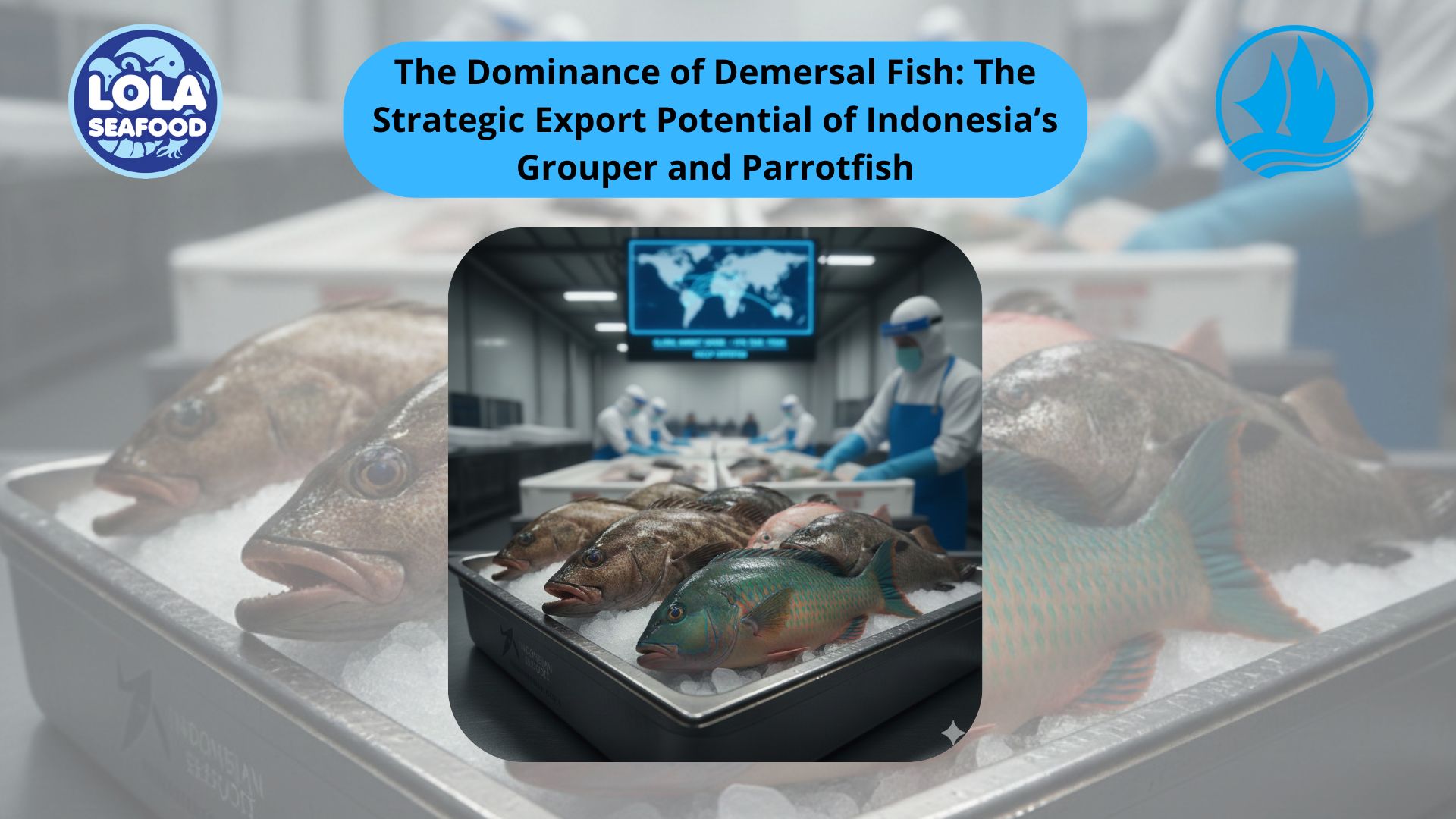
The Dominance of Demersal Fish: The Strategic Export Potential of Indonesia’s Grouper and Parrotfish
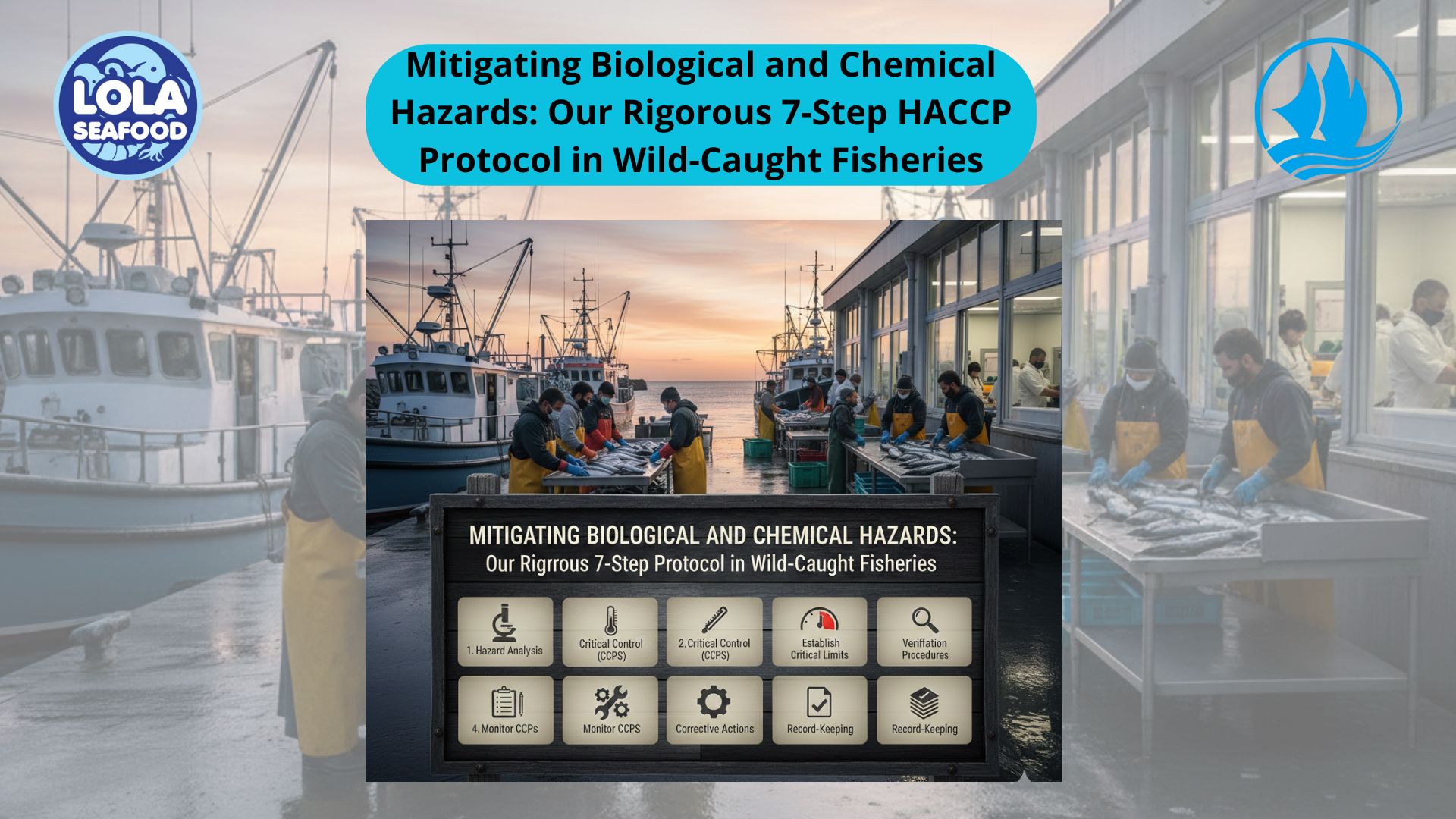
Mitigating Biological and Chemical Hazards: Our Rigorous 7-Step HACCP Protocol in Wild-Caught Fisheries
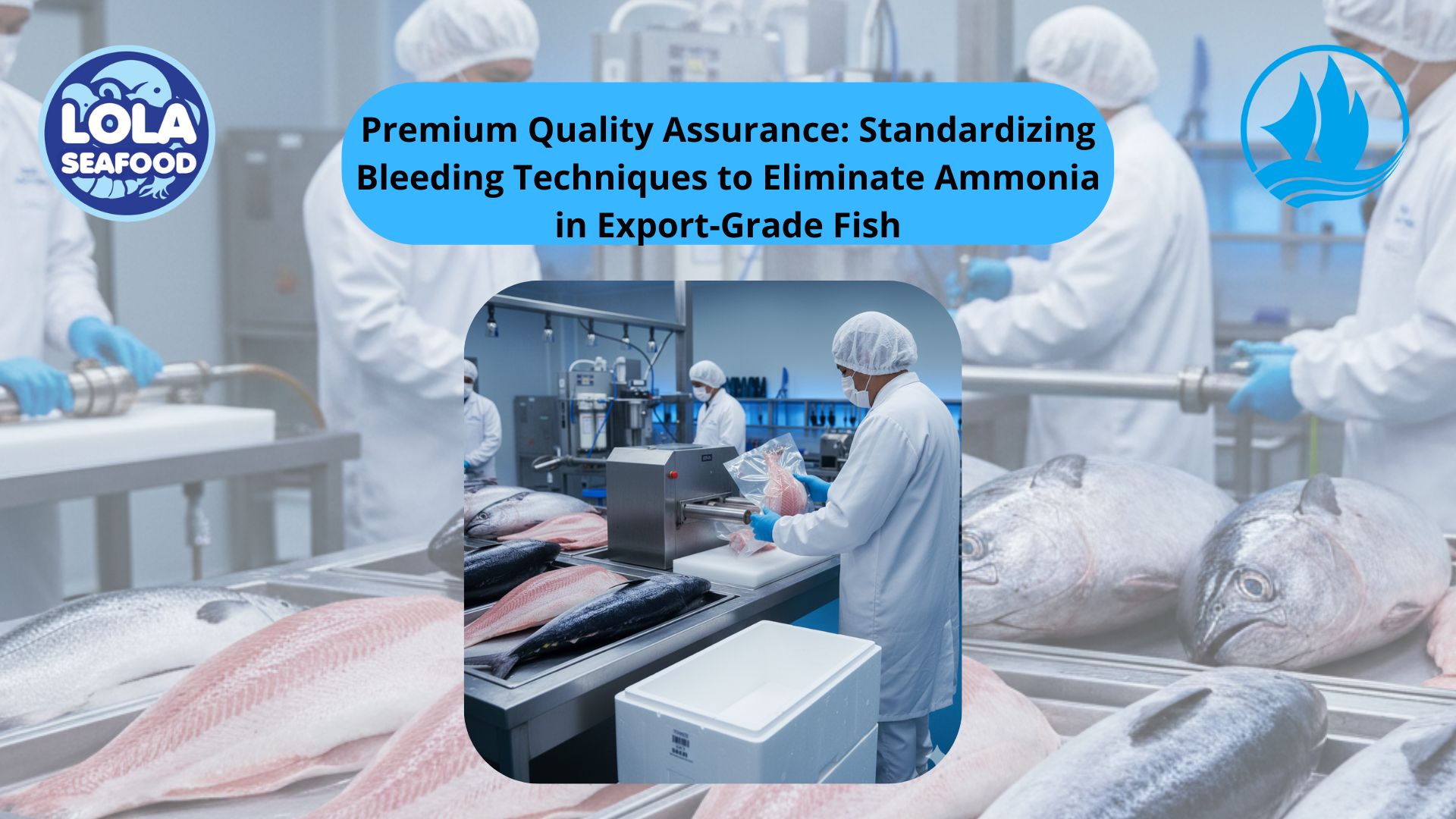

.jpg)
